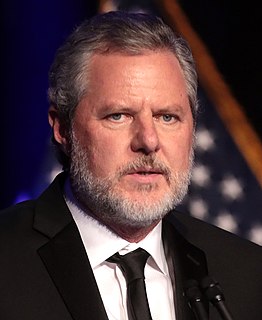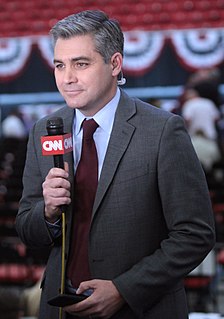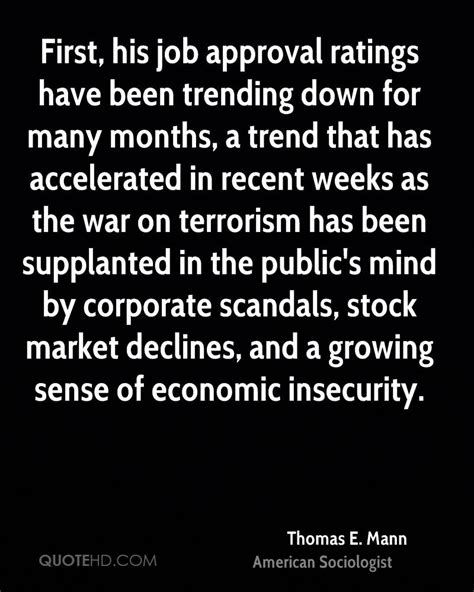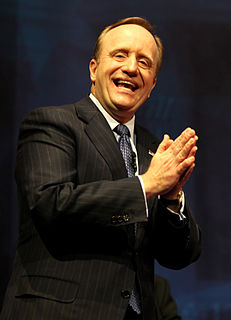A Quote by Juan Williams
The 2012 presidential campaign's turn away from the classic, straight-up, American election - where the candidate who gets the most votes nationwide wins - is another sad reminder of the extreme political polarization distorting today's politics. No one talks about a 50-state strategy for winning the presidency these days.
Related Quotes
In the 2000 presidential election, Al Gore got more votes than George W. Bush, but still lost the election. The Supreme Court's ruling in Florida gave Bush that pivotal state, and doomed Gore to lose the Electoral College. That odd scenario - where the candidate with the most votes loses - has happened three times in U.S. history.
When the president talks about tax reform, he talks about the people who will benefit. He talks about American jobs. He talks about the fact that we're going to be taking money that's overseas and bringing it back to the United States so that it will employ American workers. I think that focus again on the American working and middle class is- is-is to me the most thoughtful and, in some ways, the most genius part of Trump's approach to politics.
As the 2012 elections approach the finish line, the chatter among columnists and political reporters is about upcoming books that take readers inside the campaigns, cutting-edge efforts to micro-target voters on Internet social applications, the enormous money flowing through super-PACs, and extreme political polarization.
The future lies with those wise political leaders who realize that the great public is interested more in Government than in politics. The growing independence of voters, after all, has been proven by the votes in every Presidential election since my childhood and the tendency, frankly, is on the increase.
The presidency made John Adams an old man long before there was television. As early as the nation's first contested presidential election, with Adams and Jefferson running to succeed Washington, you had a brutal, ugly, vicious campaign that was divisive and as partisan as anything we're experiencing today.































